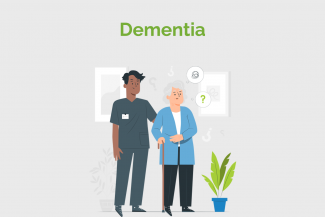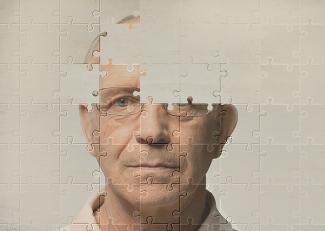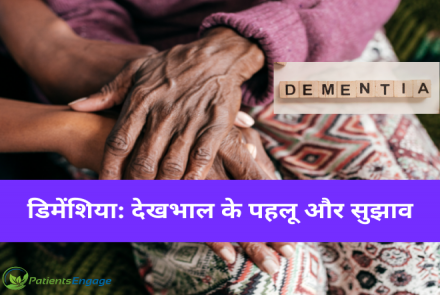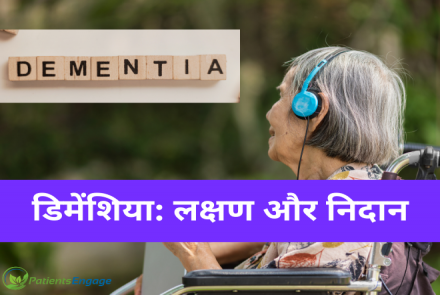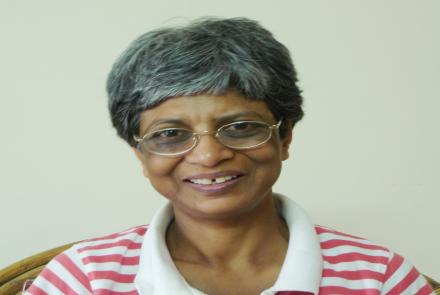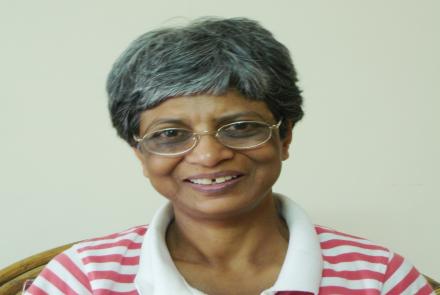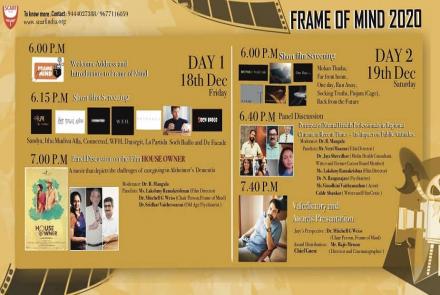Managing the condition
Dementia generally gets worse with age but the development of symptoms can often be slowed with drugs or other treatments. Treatment of dementia usually aims to improve memory and concentration, reduce psychiatric problems, and improve the quality of life for both the patient and their family.
Read here for various treatment options: http://www.patientsengage.com/conditions/dementia/treatments
Improving quality of life: There are several psychological techniques to help people cope with dementia. These include reality orientation, which involves regularly reminding patients of information such as the day, date, season and where they are. Aromatherapy and art or music therapies are also thought to be beneficial.
Although people with mild dementia can usually cope with minimal support, they need more help looking after themselves as the disease progresses.
Exercise programmes are beneficial with respect to activities of daily living and potentially improve dementia.
In advanced cases of dementia, finding a place in a residential or nursing home may be the best option for both the patient and their carer.
Take charge: Notes for the caregiver
- Caring for a dementia patient is challenging. Here are some tips to keep in mind:
- Do everything you can to help the patient retain their sense of identity and self-worth
- Always be calm and talk gently, no matter how the patient responds
- If the patient seems distracted or absent-minded, draw their attention by touching or stroking them to communicate and show love
- Have a clock and calendar in the room to keep the patient in touch with the present
- Monitor food and fluid intake and elimination — dehydration or constipation can exacerbate confusion
- Make sure the house is well-lit and safe – so the patient does not fall or trip
- If the patient is confused, consider labelling items or rooms, such as bathroom (in words or pictures)
- Take all the help you can get from family members and friends to care for the patient or help with household chores while you look after the patient
Consider the following therapies:
- Validation therapy: This validates the patient’s thoughts and feelings and also helps them work through them. It follows the patient’s reality, not yours.
- Music therapy: This is an effective way to gain communication with the patient.
- Reminiscence therapy: Discuss past events that are positive that bring peace and happiness to the patient.
Activities for the patient:
- If they are physically able, take them out to a park or flower show
- Give them some simple responsibilities, like buttering the toast at the breakfast table or watering the plants
- Have them listen to audiotapes
- Have them spend time around children or pets
- Give them hand, neck and foot massages
- Brush their hair
Related reading: http://www.patientsengage.com/conditions/10-tips-communicating-patient-dementia
Remember:
- Don’t argue with the patient
- Avoid background noise
- Don’t ask them a lot of questions
Know your support team:
- Psychiatrist
- Neurosurgeon
- Dietitian
- Physiotherapist
- Nursing care

